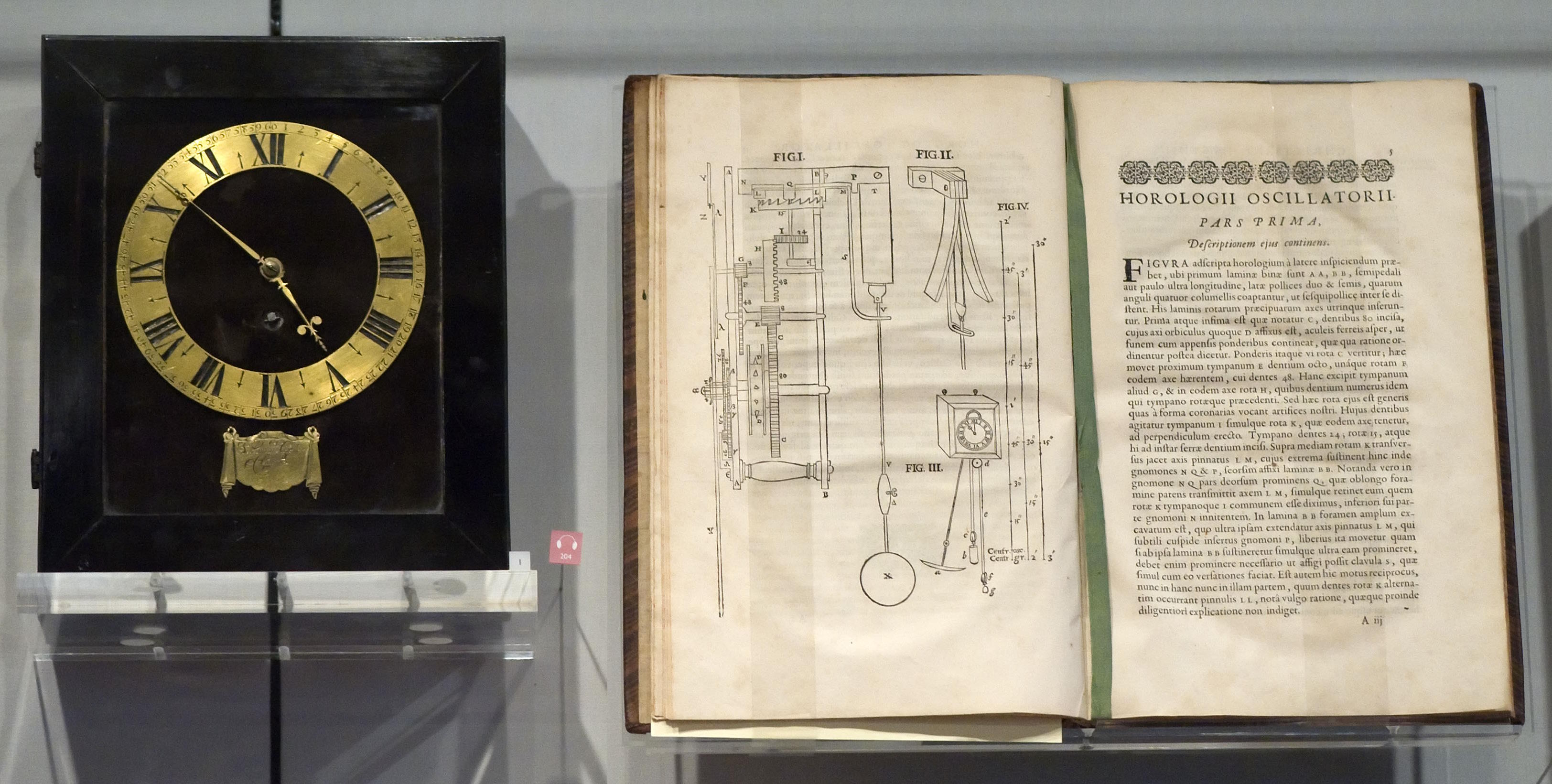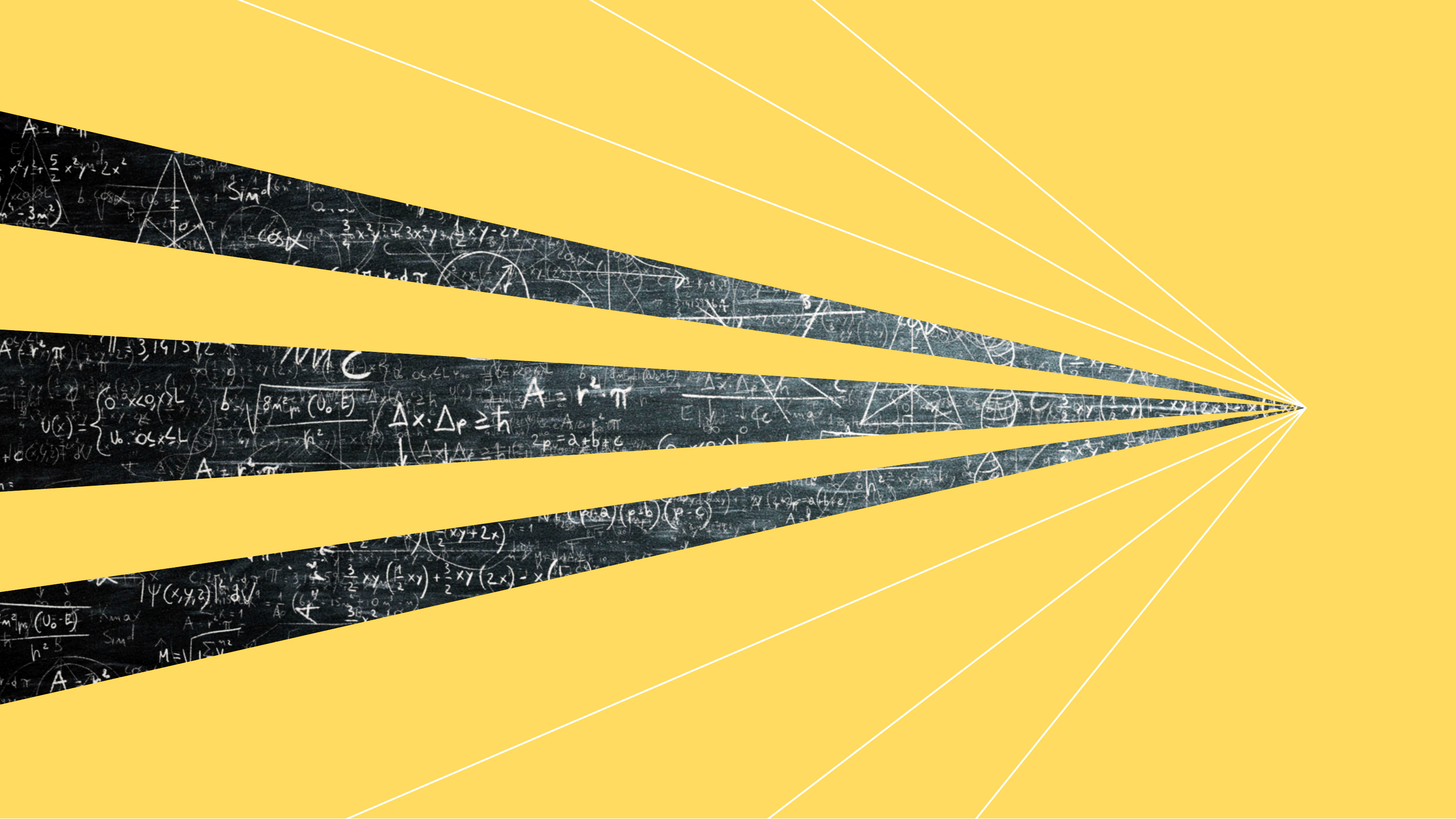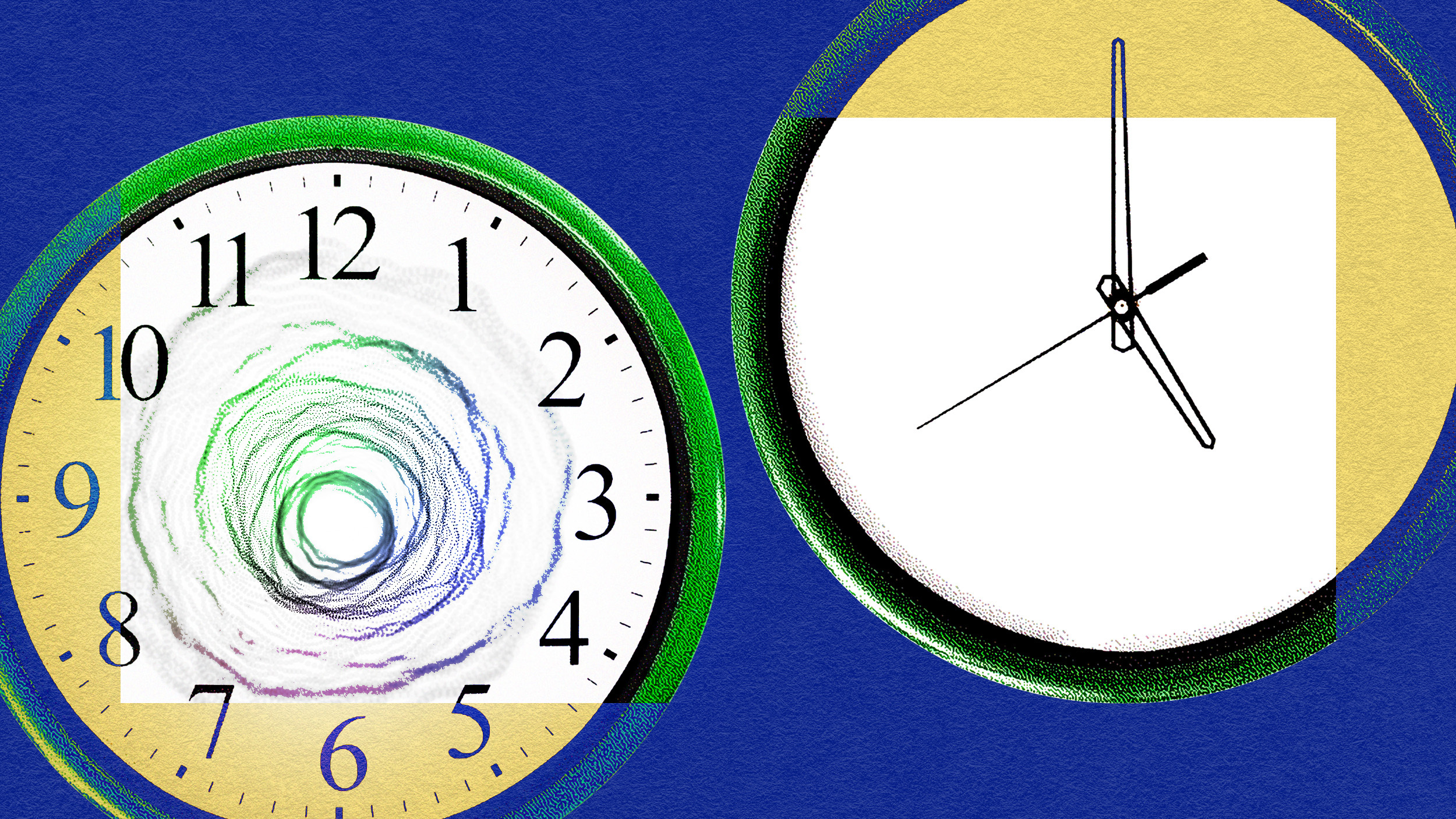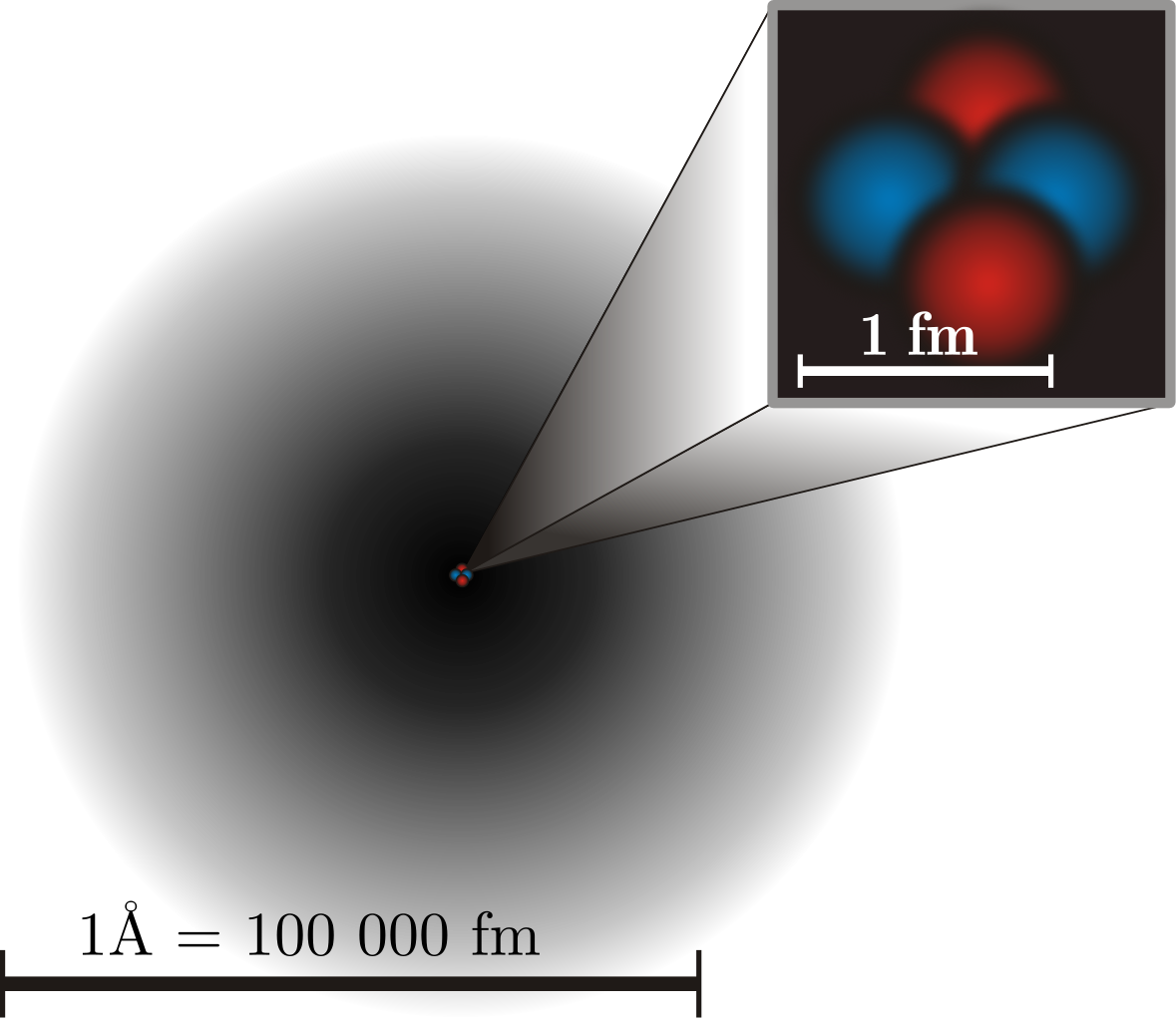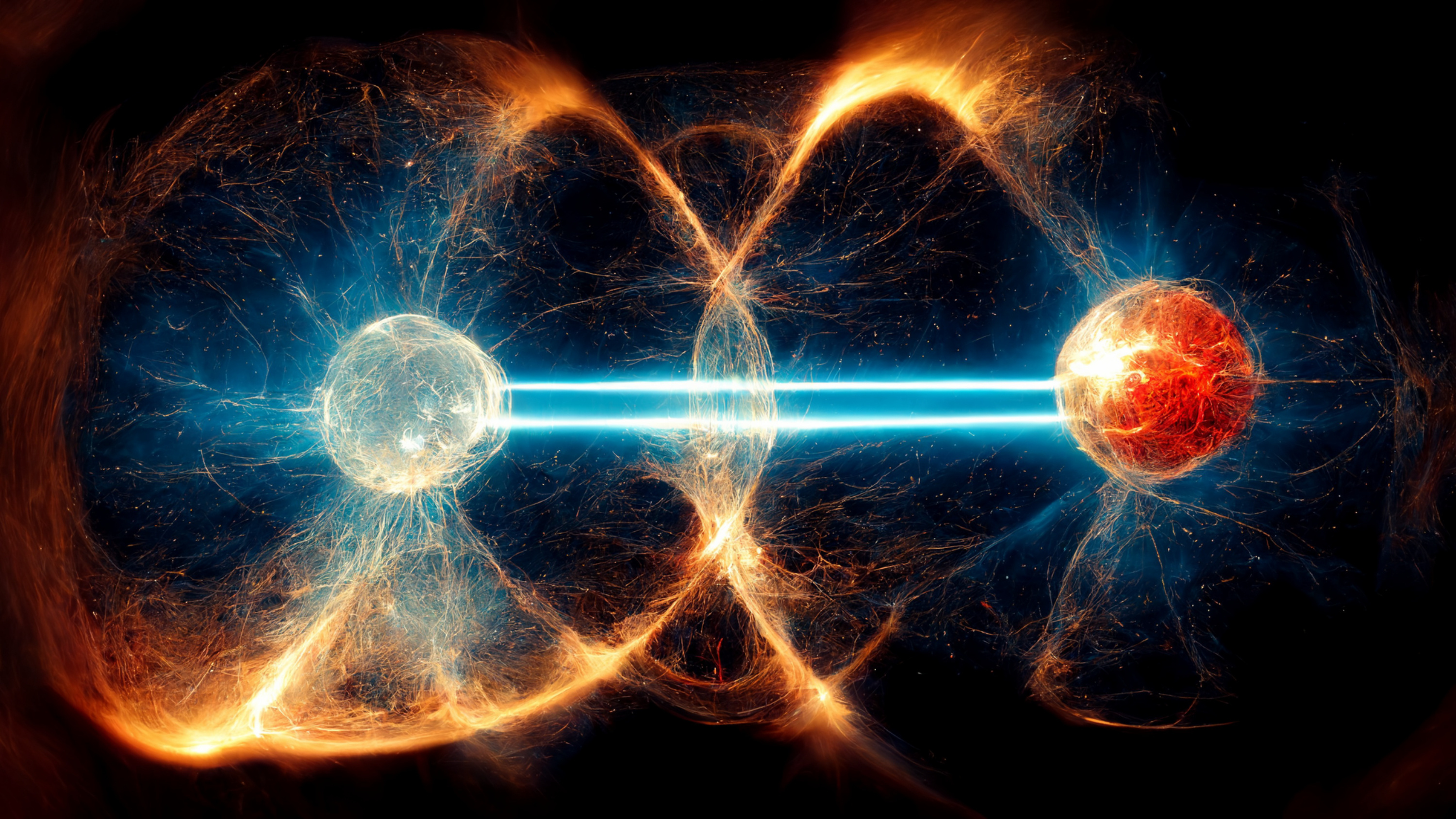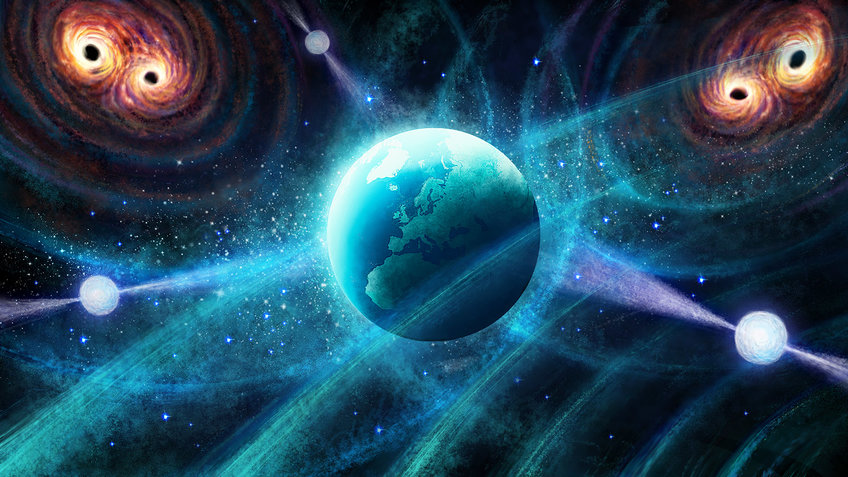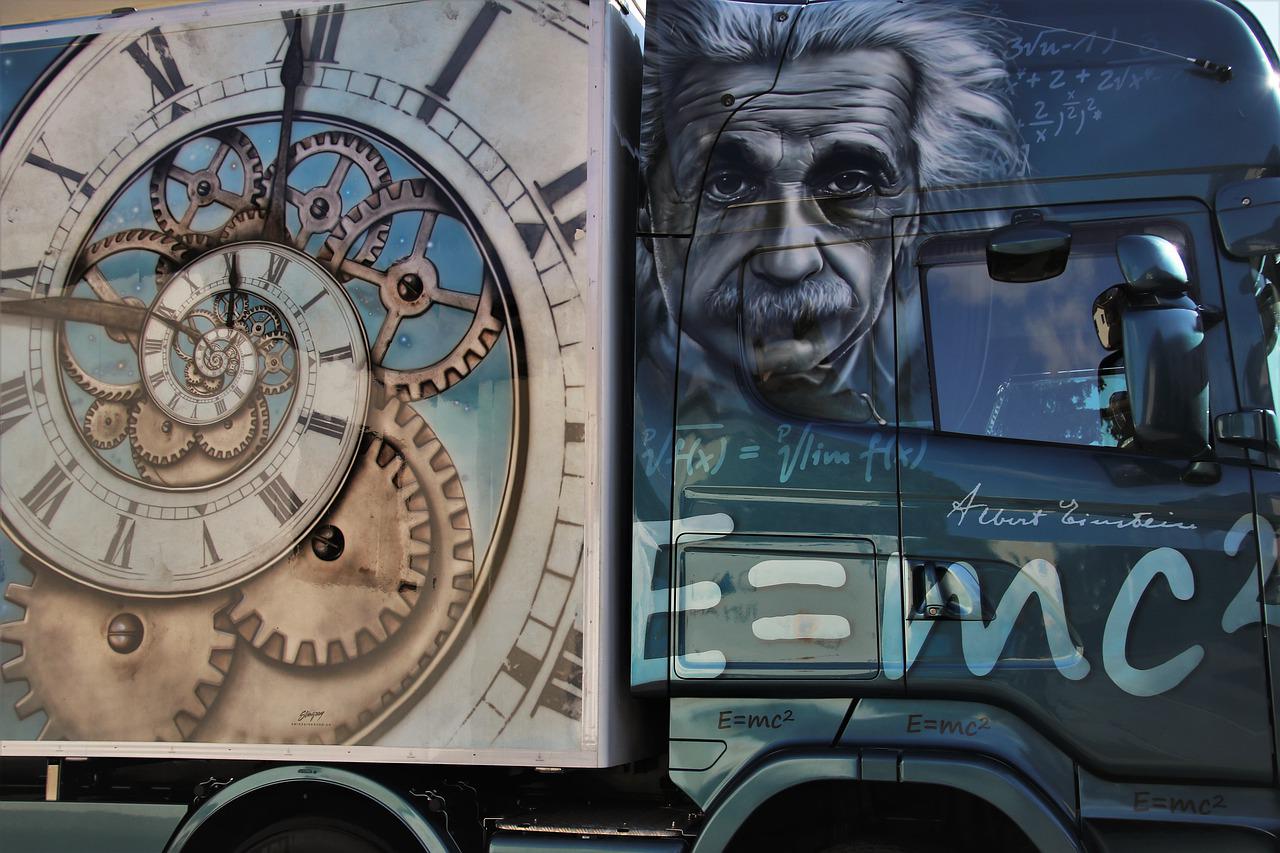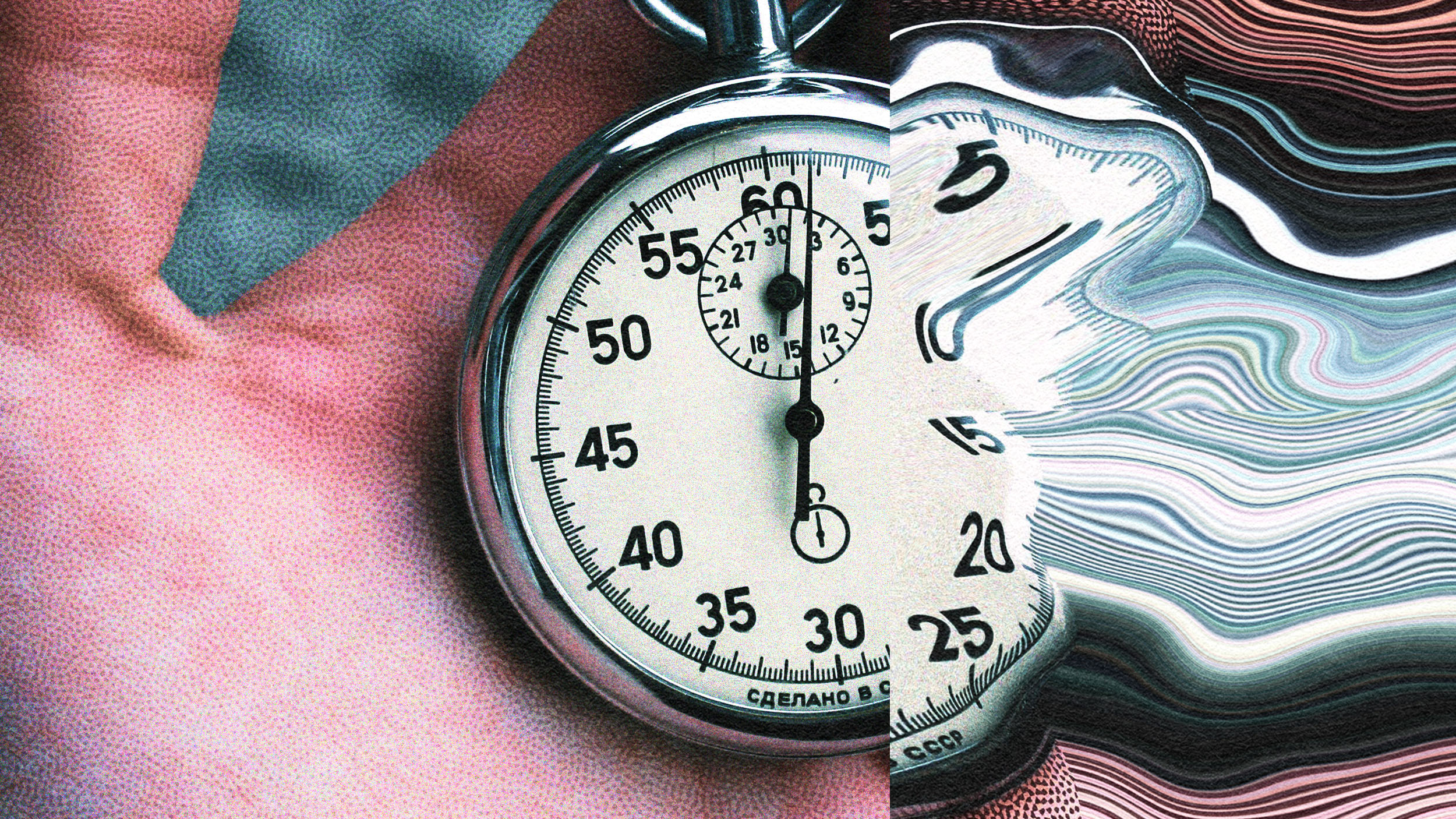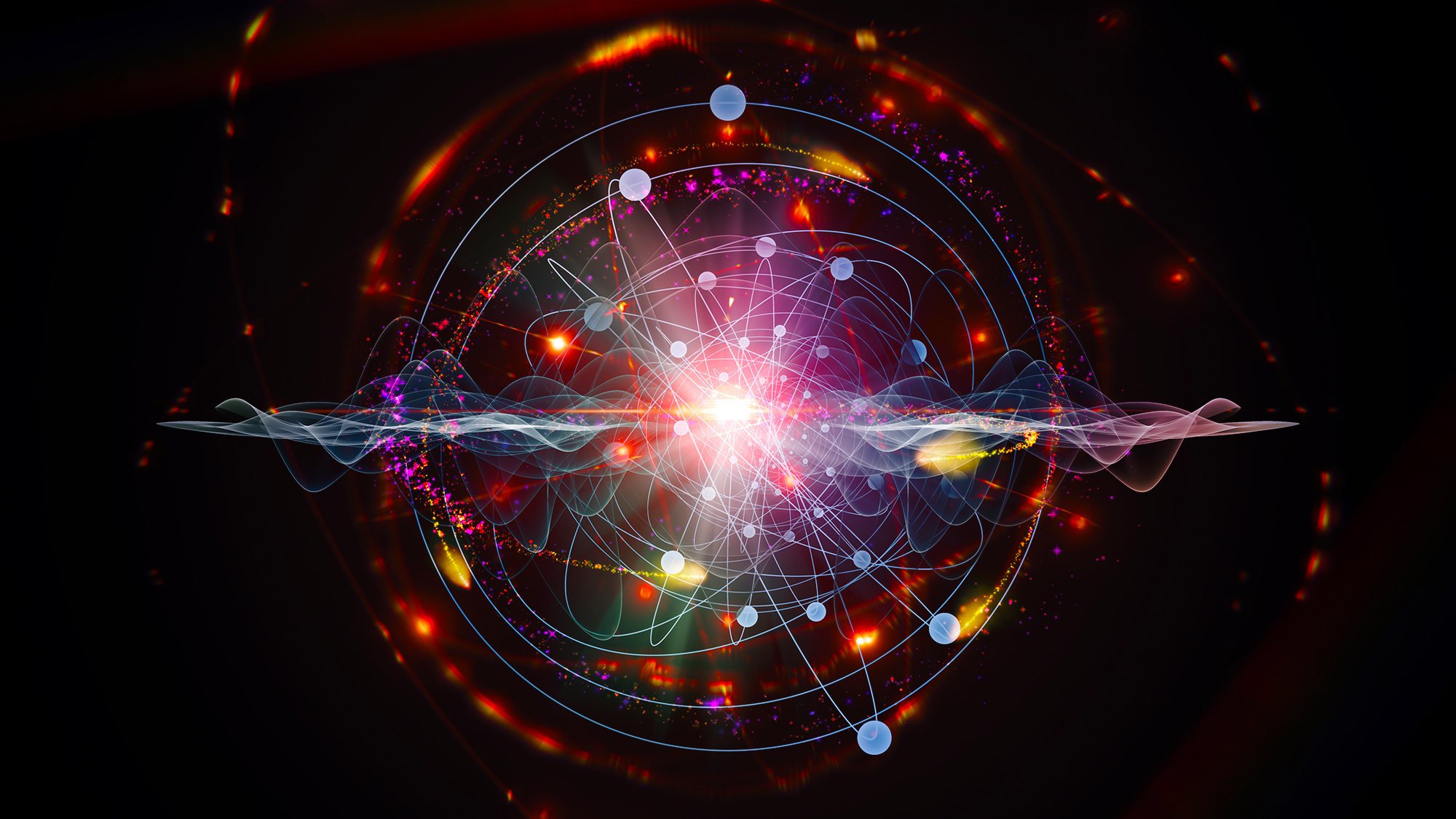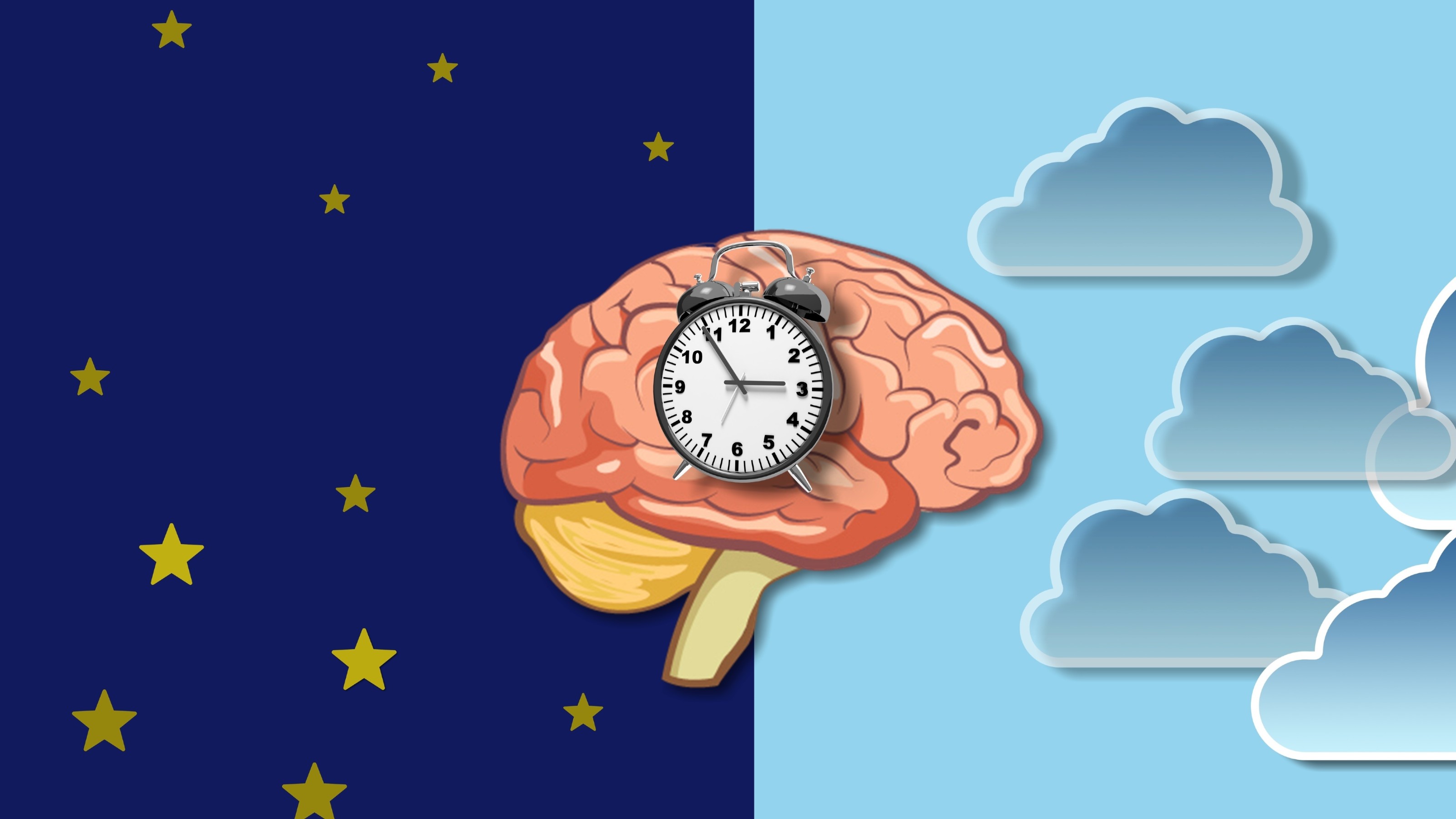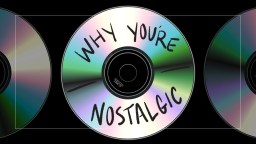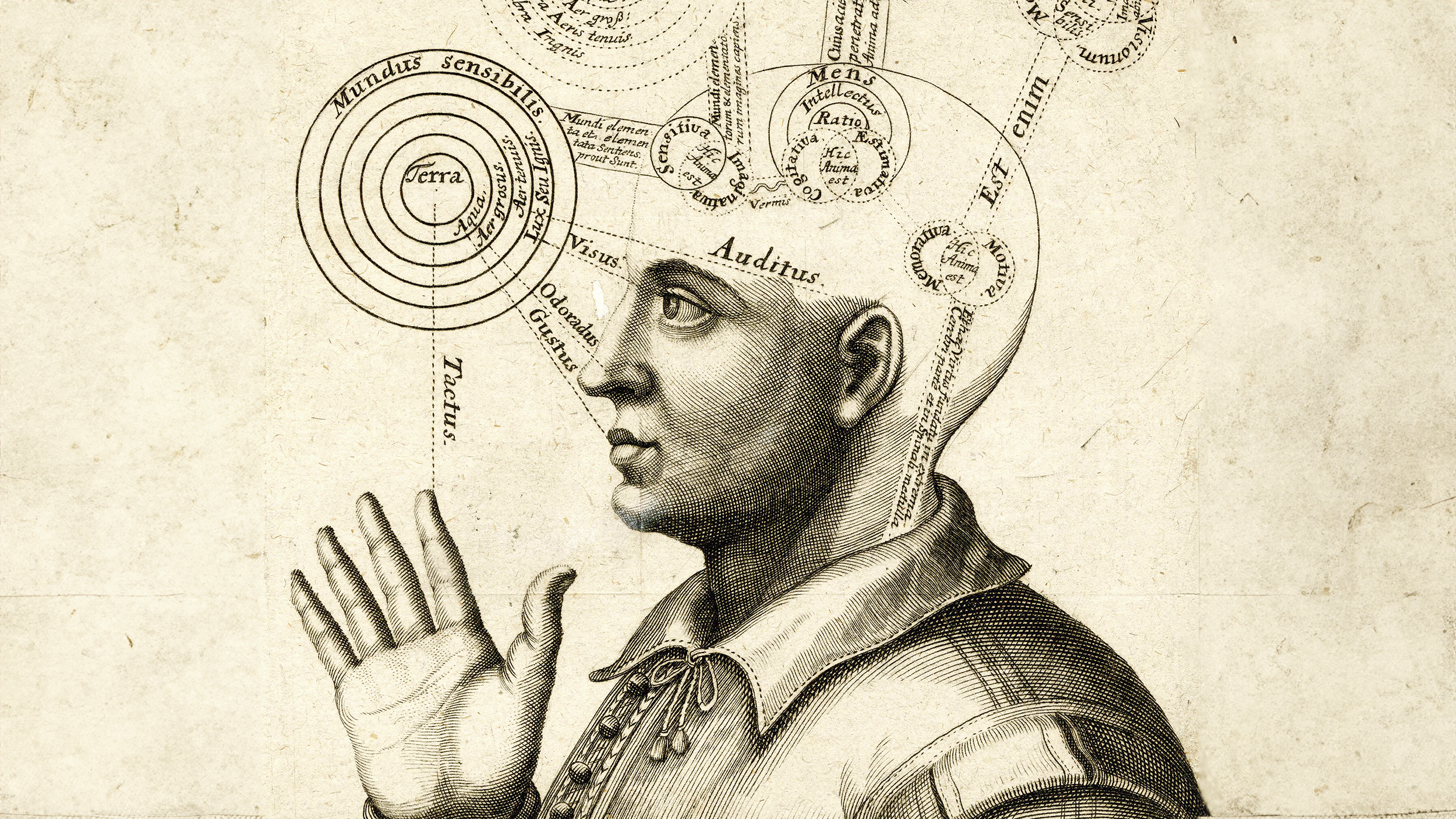In a world without clocks, people used common activities in place of time units. How long it took you to go to the toilet mattered.
Search Results
You searched for: Clocks
A clock, designed and built in Europe, ran hopelessly at the wrong rate when brought to America. The physics of gravity explains why.
These clocks burn powdered incense along a pre-measured paths, each representing a different amount of time.
Everything everywhere all at once.
Science can’t stop aging, but it may be able to slow our epigenetic clocks.
▸
7 min
—
with
Meet the people paid to rouse the workers of industrial Britain.
Whether you run the clock forward or backward, most of us expect the laws of physics to be the same. A 2012 experiment showed otherwise.
Our intuitive understanding of time is very different from a physicist’s understanding of time. How do we reconcile these views?
Language influences how you visually process the world, which in turn influences your memory of it.
It’s common knowledge that syncing your circadian rhythm to a natural light-dark cycle could improve your health and well-being.
Headlines have blared that quasar ticking confirms that time passed more slowly in the early Universe. That’s not how any of this works.
There was a time where no starlight was visible throughout the entire cosmos. That time was short-lived: shorter than astronomers imagined.
Atomic clocks keep time accurately to within 1 second every 33 billion years. Nuclear clocks could blow them all away.
Quantum entanglement may remain spooky, but it has a very practical side.
Over the past 50 years, 27 leap seconds have been added to our time.
Extremely precise atomic clocks are not just of theoretical interest; they could help detect impending volcanic eruptions or melting glaciers.
How scientists are hearing the gravitational background “hum” of the Universe for the very first time.
Time isn’t the same for everyone, even on Earth. Flying around the world gave Einstein the ultimate test. No one is immune from relativity.
Lost in a building or underwater? A new muon-based navigation system could be your guide.
Rich is brilliant at his job. He completes work in half the time of his coworkers. Should he have to sit at his desk just as long?
More work is needed before declaring the technique a fountain of youth.
The passage of time is something we all experience, as it takes us from one moment to the next. But could it all just be an illusion?
Every timekeeping device works via a version of a pendulum — even the atomic clocks that are accurate to nanoseconds.
When all your teammates fall for “the emperor’s new clothes,” the results can be disastrous — here’s how to bust the groupthink.
For college students, it’s the early afternoon.
Escape a mental rut by using nostalgia.
▸
5 min
—
with
Even though the brain is only 2% of our total body mass, it consumes up to 25% of our energy.
Do our thoughts have any meaning whatsoever?
Neural imaging has shown that the brain has “decided” what we’re going to do before we make a conscious choice — but is this even relevant to free will?
Einstein’s most famous equation is E = mc², which describes the rest mass energy inherent to particles. But motion matters for energy, too.

